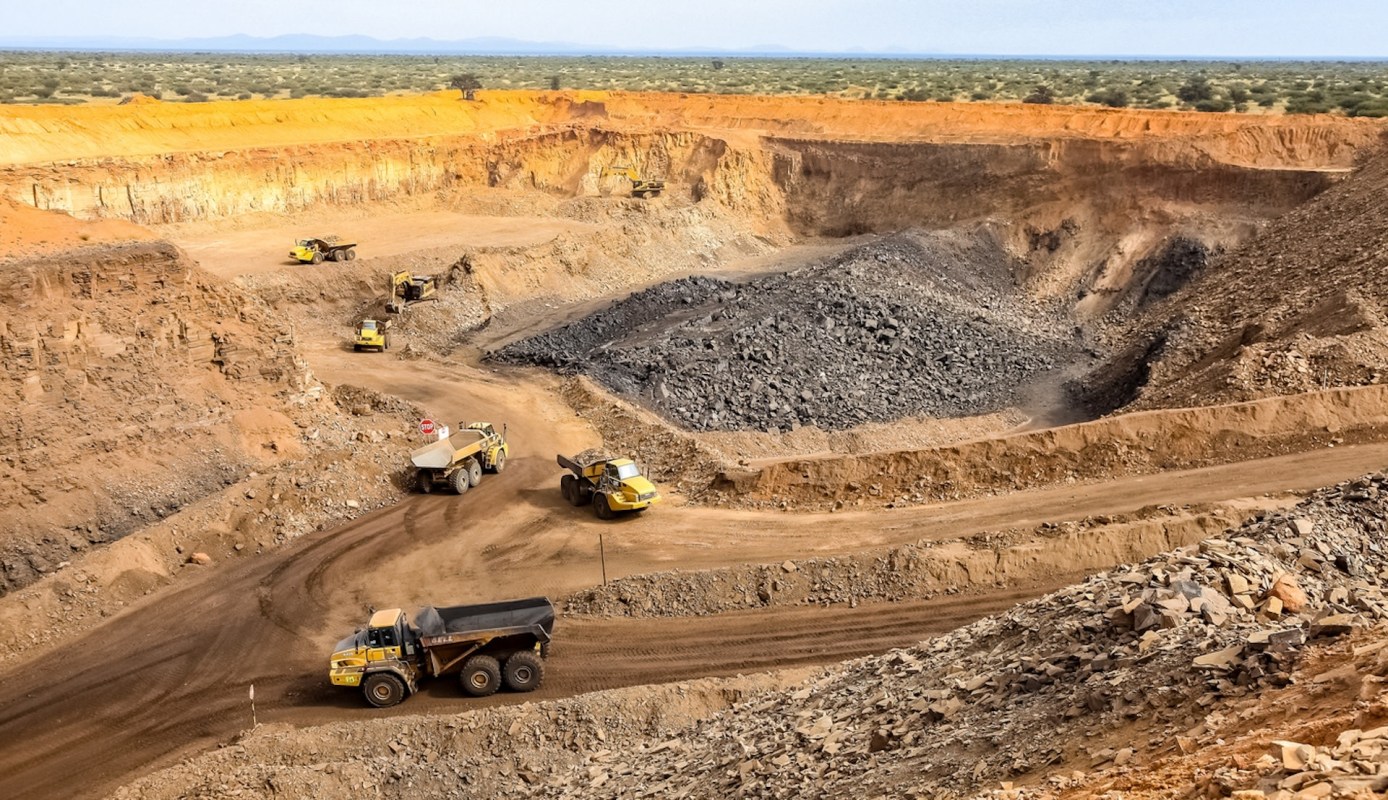A new development in battery making could drastically cut the cost of power production.
In a study published in Joule on March 20, researchers explored how manganese metal batteries are among the best candidates to overtake the conventional lithium-ion battery because they feature high energy densities and low costs, but that the development of a successful product has been hindered by strong interactions between manganese and solvents that contain oxygen.
🗣️ If you're thinking about buying an EV, which of these factors is most likely to convince you that it's a smart decision?
🔘 Seeing friends and family buy EVs 👯
🔘 Seeing first responders use EVs 🚒
🔘 Seeing businesses use EVs 🚕
🔘 Seeing celebrities drive EVs 🤩
🗳️ Click your choice to see results and speak your mind
The researchers said they have taken steps to solve that obstacle — creating the first non-aqueous rechargeable manganese metal battery using a halogen-mediated electrolyte to enable highly reversible plating and stripping.
In laying out their case for the value of manganese metal batteries, the scientists said manganese is plentiful in Earth's crust, stable in air, and "provides the largest theoretical volumetric capacity based on its two-electron-transfer property and high density," which leads to low production and storage prices and a "high energy-to-price nature." They also said it "has the lowest price among the frequently reported metal anodes."
Previous studies, however, focusing "exclusively on aqueous electrolyte systems," have demonstrated issues with the compatibility of manganese anodes and electrolytes, according to the study.
The researchers outlined that they steered toward "non-aqueous systems with the potential to achieve excellent manganese deposition/dissolution efficiency while maintaining low polarization" since manganese deposition "can barely occur" in aqueous electrolyte systems without a large external polarization.
Led by Wei Chen of the University of Science and Technology of China, the team developed a halogen-mediated non-aqueous electrolyte that prevents dendrites from forming on the anode. The technology is "perfectly compatible" with manganese and keeps the element from reacting with the electrolyte as it would an aqueous solution, per the study.
The battery has a dissolution-deposition efficiency of more than 90% and "can cycle stably for over 1,000 h."
"Manganese ions … present a halogen-bridged cluster structure, which is the key to reducing the manganese deposition overpotential and avoiding side reactions, thus ensuring stable cycling of the battery," the authors wrote. "... It should be noted that as [the electrolyte] has greatly decreased manganese plating overpotential, this halogen-mediated strategy can also trigger inspirations for metal electroplating industry to increase the energy efficiency."
The summary states this development will "also shed light on other multivalent metal batteries."
This is just one example that shows battery research is hopping, as even cement batteries are being ideated. One rechargeable option might just lead to "functional concrete" that could power buildings' LEDs, internet connections, and other basics.
Other teams are focused on improving the life of electric vehicle batteries, and companies such as Lyten are working on making batteries more sustainable.
Join our free newsletter for weekly updates on the coolest innovations improving our lives and saving our planet.









